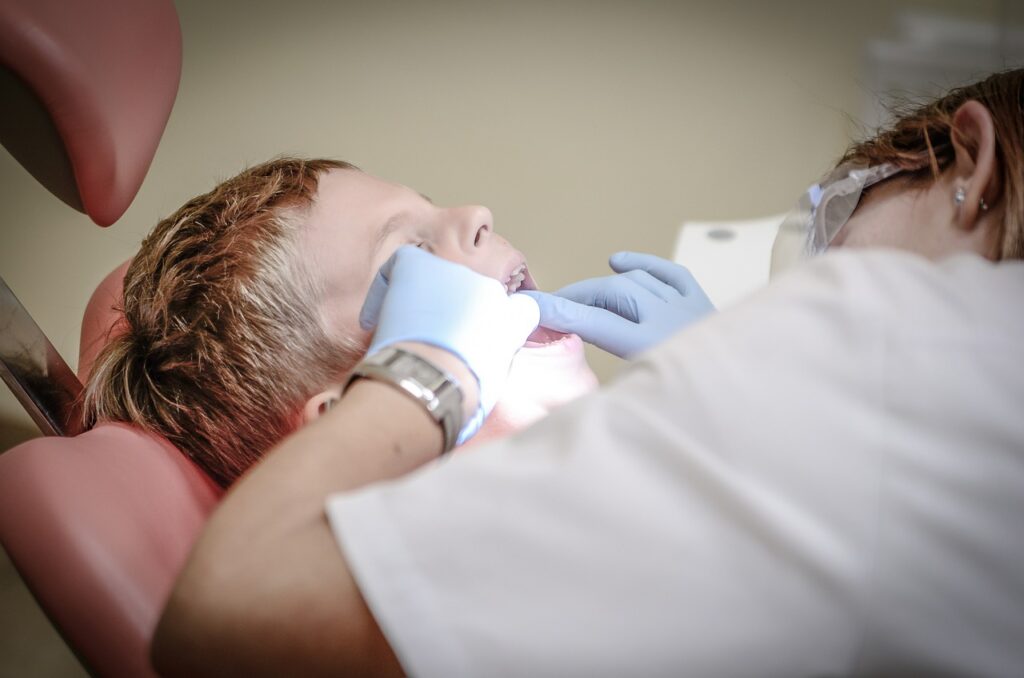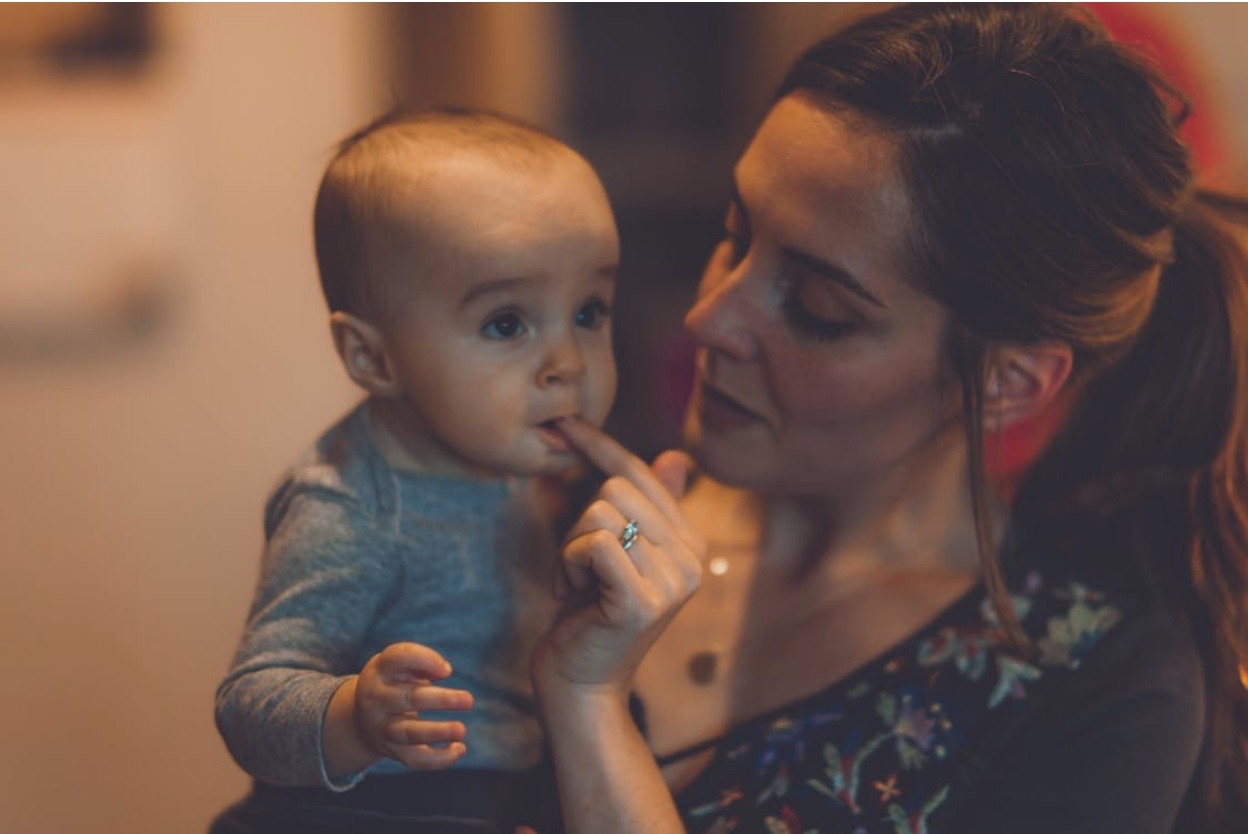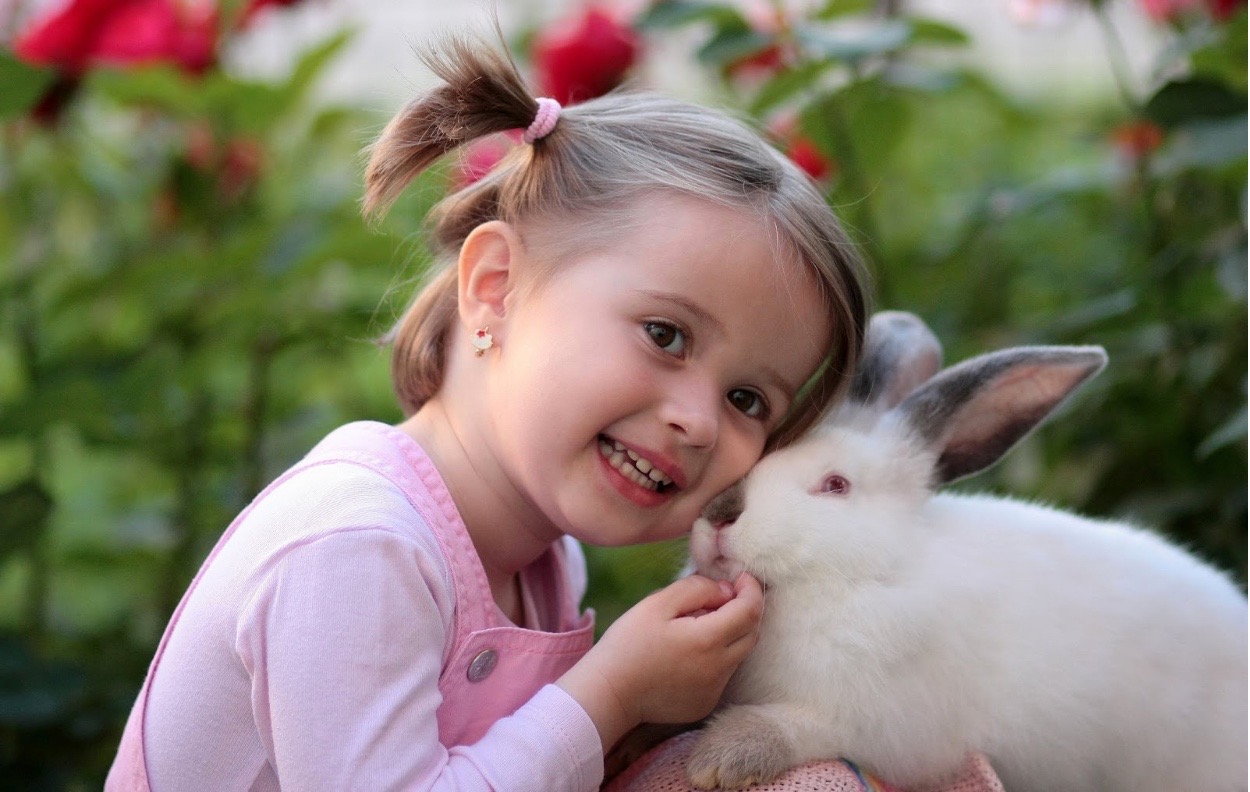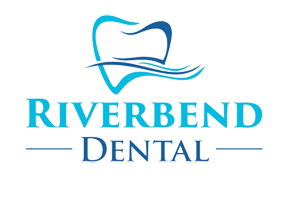Taking Care of Young One’s Teeth
The little ones in our lives often do their very best to prevent you from taking care of their teeth. Parents often have questions about how to take care of their children’s teeth. When do you start brushing? What kind of toothpaste is best? When should you go to the dentist? While every kid is different, knowing the basic recommendations to answer these questions can help you keep your children’s teeth healthy and cavity-free. When it comes to cleaning, you don’t necessarily need to start brushing the teeth right away, but you should start cleaning your infant’s teeth as soon as they get their first one. You can also clean their gums before the teeth even emerge.

Fluoride Toothpaste
Most of us older folk use fluoride toothpaste to give us that extra shine. Unless directed by a dentist, fluoride toothpaste should not be used until a toddler is about two years old. There is some danger if your child ingests too much fluoride, and most children’s toothpaste’s have the same amount of it as adult toothpaste does. Children two years and older can use a smear of toothpaste about the size of a grain of rice, and children three to size can use a pea-sized amount. Using smaller amounts means less danger of your child getting too much fluoride if it is accidentally swallowed. Encourage your child to always spit out the toothpaste. You can find toothpaste without fluoride in it, but most professionals recommend a little bit of fluoride in the toothpaste to ensure bright and shiny chompers.

First Dental Visit
The timing of the first dental visit used to be a tad controversial. It has long been stated that children should see a dentist when they get their first tooth, and no later than one year of age. Unless a child has risk factors for dental problems, like a family member with lots of cavities, sleeping with a sippy cup or bottle, teeth staining, thumb sucking, and so on, parents may wait to take their child to see a dentist until they are three or older. Professionals suggest that an earlier visit to the dentist is a good way to help toddlers learn proper oral hygiene, including avoiding night time bottles or sippy cups of formula or juice, proper tooth brushing, and a healthy diet that promotes good dental health. You may want to see a dentist sooner, rather than later, if your child has a medical condition that puts them at higher risk for dental issues, such as Down Syndrome.

Flossing
Flossing is an important part of good dental hygiene, for anyone. You can begin flossing your child’s teeth once the teeth start to touch each other. Children aren’t usually able to floss on their own until they are a little bit older, usually about 8 or 10 years old. Using floss picks instead of the loose string can also be beneficial.
Habits for Healthy Teeth
In addition to teaching your children the importance of regular brushing and flossing, scheduling routine visits to the dentist, and promoting a healthy diet, it is important that you set a good example by practising good dental hygiene yourself. If you do not brush or floss easily or don’t regularly see a dentist, then it is unlikely that your children will either.
